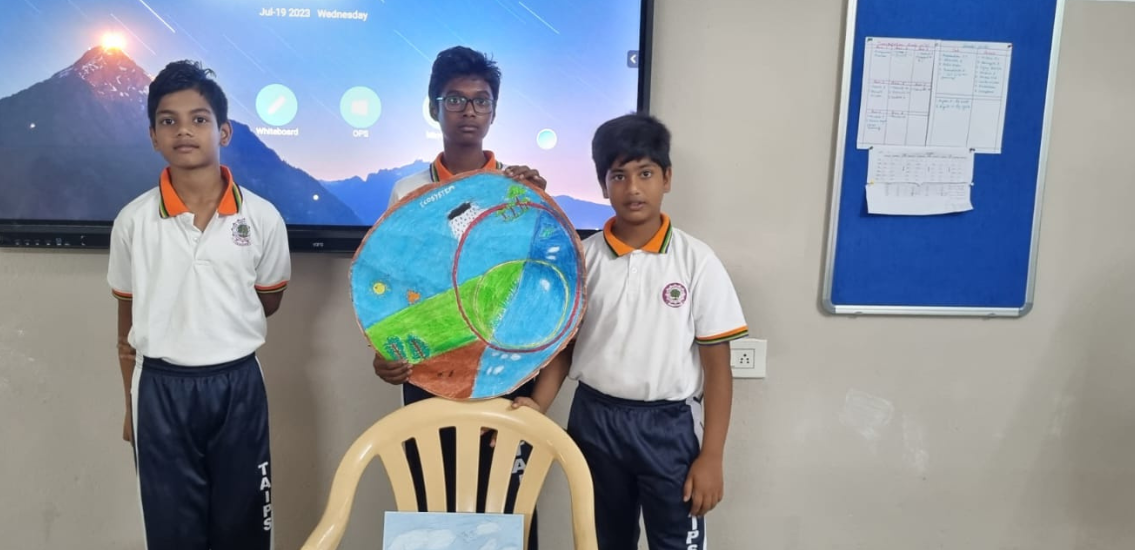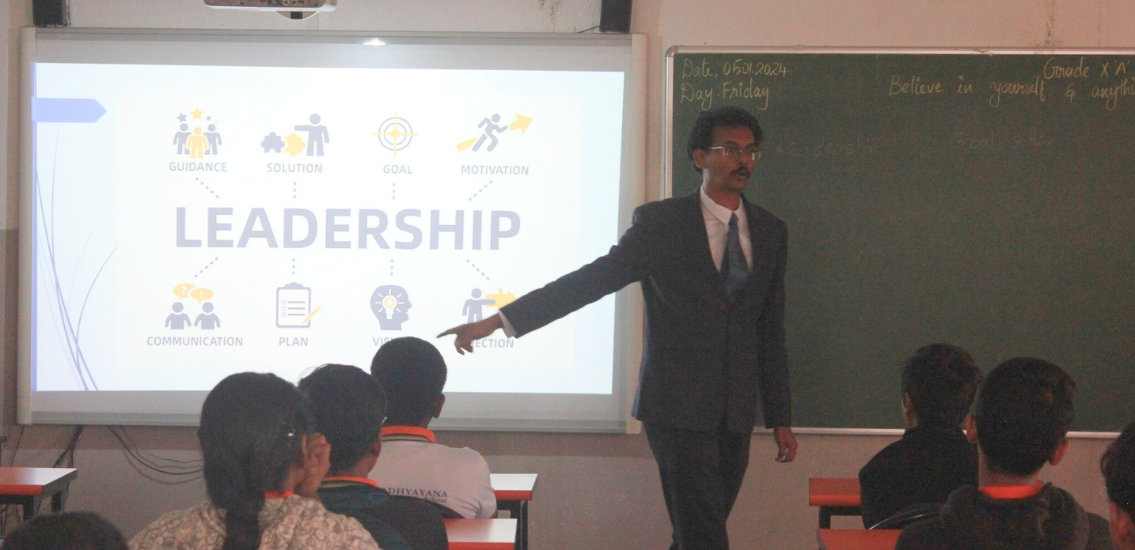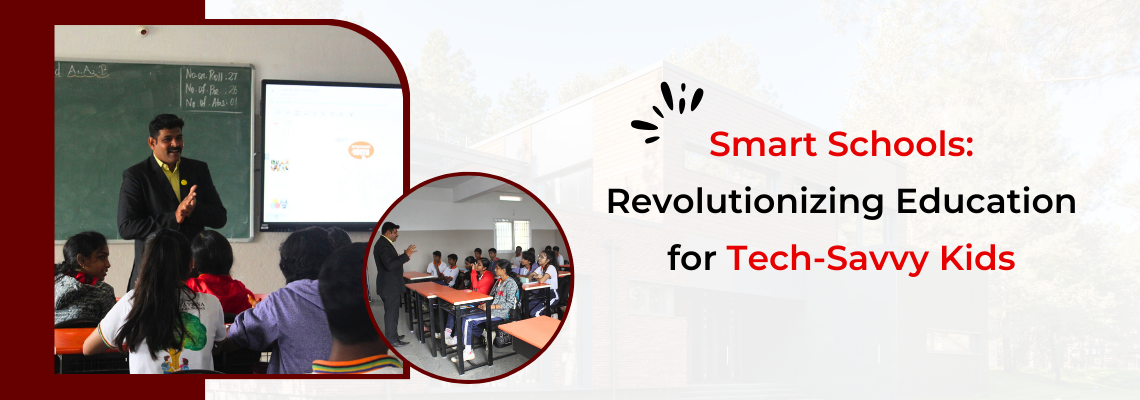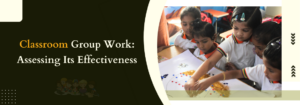Introduction
Greetings, readers in India! The landscape of education is evolving rapidly, especially in CBSE secondary education. With the integration of technology and innovative approaches, smart schools are reshaping the educational experience for the digital natives of today. Let us explore how these advancements transform learning in primary schools, kindergartens, and secondary education programs.
Adapting CBSE Syllabus to Digital Learning
Smart schools leverage technology to align with the CBSE syllabus, offering dynamic and interactive learning experiences. Here is how:
Digital Learning Platforms
These platforms provide access to many resources, including e-books, educational videos, and interactive learning modules, supplementing the traditional textbook approach.

Personalized Learning
Smart schools utilize adaptive learning software to cater to individual learning styles. This personalized approach ensures students grasp concepts at their own pace, enhancing comprehension.
Virtual Classrooms
With the advent of virtual classrooms, distance learning has become seamless. Students can engage in real-time interactions with teachers, access live lectures, and collaborate with peers, transcending geographical barriers.
Interactive Assessments
Technology facilitates diverse assessment methods, such as quizzes, simulations, and gamified learning, making assessments more engaging and offering immediate feedback.
Kindergarten in the Digital Age
In kindergartens, technology is integrated into developmentally appropriate ways to lay a strong foundation for digital literacy and learning
Educational Apps and Games
Kindergarten programs incorporate educational apps and games to enhance cognitive skills, creativity, literacy and numeracy.
Interactive Whiteboards and Visual Aids
Interactive whiteboards and visual aids stimulate young minds, making learning more engaging and interactive.
Digital Storytelling
Utilizing digital platforms for storytelling fosters imagination and language development, enriching the early learning experience.
Smart Solutions for Secondary Education Programs
For students in secondary education programs, smart schools offer an array of tech-infused solutions:
STEM Education
Emphasis on Science, Technology, Engineering, and Mathematics (STEM) education is amplified through robotics, coding, and virtual laboratories, preparing students for future careers in these fields.
Project-Based Learning
Technology facilitates project-based learning, allowing students to delve deeper into subjects through research, collaboration, and presentations, promoting critical thinking and problem-solving skills.
Digital Libraries and Resources
Access to vast digital libraries and online resources broadens students’ horizons beyond textbooks, fostering independent research and exploration.

Challenges and Opportunities in the Digital Shift
While technology integration in education brings numerous benefits, it also poses challenges:
Digital Divide
Disparities in access to technology and internet connectivity among students can widen the digital divide, necessitating efforts to ensure equitable access for all.
Screen Time Management
Balancing screen time with other activities is essential to prevent overexposure and ensure a well-rounded learning experience.
Teacher Training and Support
Educators need comprehensive training and ongoing support to integrate technology into their teaching methodologies effectively.
The Future of Smart Schools in India
Smart schools are poised to continue transforming education by embracing emerging technologies like Artificial Intelligence (AI), Augmented Reality (AR), and Virtual Reality (VR). These advancements promise immersive learning experiences, enhanced collaboration, and further customization of education.
Conclusion
Smart schools are revolutionizing education, blending traditional pedagogy with cutting-edge technology. By embracing this digital shift, schools can better equip students with the skills needed to thrive in an increasingly tech-driven world. As CBSE secondary education and primary schools embrace these changes, the future of learning in India holds exciting possibilities for the tech-savvy generation.



